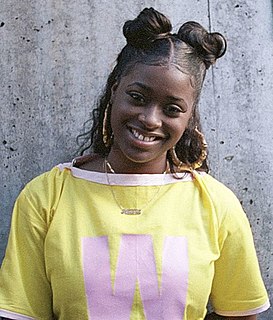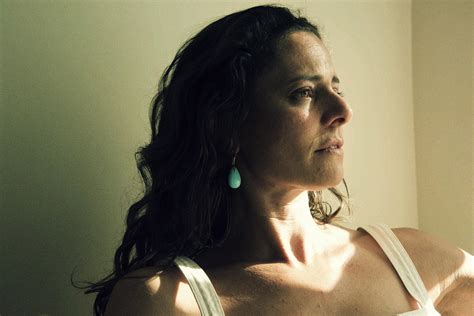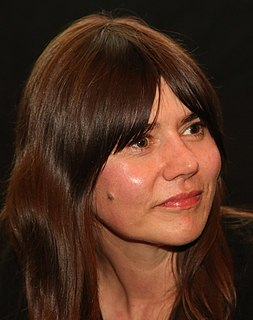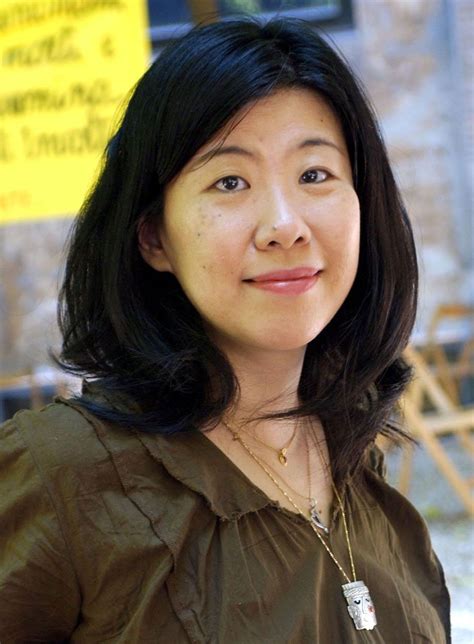A Quote by James Patterson
I still felt like I might hurl, and I thought about how awful that would be in midair.
Related Quotes
And I found Jesus very disturbing, very straightforward. He wasn't diplomatic, and yet I felt like if I met Him, He would really like me. Don, I can't explain how freeing that was, to realize that if I met Jesus, He would like me. I never felt like that about some of the Christians on the radio. I always thought if I met those people they would yell at me. But it wasn't like that with Jesus.
You know what I was thinking about on my way home? How different my life would be if you’d made that gash a little deeper. Or how different yours would be if I’d vaulted myself off a roof nine years ago. Do you ever think about things like that? Like, if either you or I wouldn’t have made it, where would the other one be right now? It was something I thought about all the time: how death changes every remaining moment for those still living.
My books serve as archives of thoughts and emotions, like a tonal history that captures how I felt at a certain time of my life. It's not very informational. You're not going to get comprehensive knowledge about the Han dynasty of China or about India's Emergency. But you might learn how one person felt about the Los Angeles Olympics.
I talked to my mother about it a lot. I asked her what it was like to grow up in New York and Harlem in the 1920s and 1930s, and I asked her about a woman leaving her husband. I asked her about how she would feel about that woman, and my mother grew up in the Church Of God In Christ, and she told me that the woman might be isolated because the other women thought she might go and come after their husbands. That's how they thought then.
You never in a million years thought that you would ever end up in a Woody Allen film even though that might be your dream, and there you are. Suddenly you've got one. But you're not playing the quintessential Woody Allen heroine, which is somebody that's full of self-doubt and heartbreakingly naïve. Chloe in Match Point was a nightmare in some ways and totally entitled, and felt like everything was going to be all right. Most of the women in Woody Allen films feel like everything's awful. I didn't understand what to do. But some of the confusion is helpful.
Even at this stage, my preparations were like strapping on a parachute in an airplane that was about to crash; the whole time I was preparing to hurl myself out the door, I clung to the hope that something would happen at the last minute to forestall that terrible necessity I felt-not hostility, as psychiatric texts would say, or vengeful rage, or a desire for attention. This was done in secret, out of a need to alleviate pain which was as implacable as thirst.
I wanted to make a film about anorexia. I thought about it for a long time, but then gave up on this idea as I felt that this theme would be so hermetic and closed that it would not reach an audience. However, the plot about the character of Olga and the idea that a body has a lot of different meanings were still present in my mind.
In places where a loved one has died, time stops for eternity. If I stand on the very spot, one says to oneself, like a prayer, might I feel the pain he felt? They say that on a visit to an old castle or whatever, the history of the place, the presence of people who walked there many years ago, can be felt in the body. Before, when I heard things like that, I would think, what are they talking about? But i felt I understood it now.


































